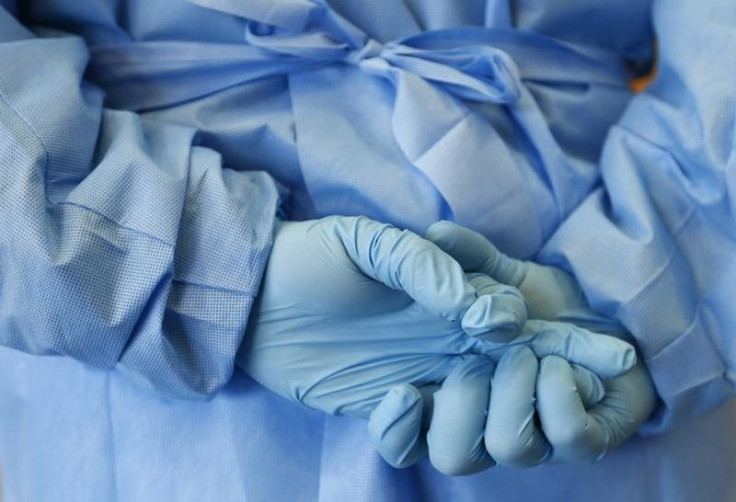Pivotal Ebola vaccine trials to start this month or next: WHO

GENEVA (Reuters) - Final-stage trials of experimental Ebola vaccines will begin in January or February in the worst-hit West African countries as scientists and drugmakers race to block the deadly disease, the World Health Organization said on Thursday.
If effective, the shots will be available for deployment a few months later.
Nearly 90 experts from vaccine manufacturers, regulatory agencies and health ministries met at WHO headquarters to review data from initial safety trials and finalise plans for pivotal Phase III clinical trials in Liberia, Sierra Leone and Guinea.
"It is my understanding that no major safety signals have been reported to date," WHO director-general Margaret Chan told the talks in opening remarks obtained by Reuters.
"We all want the momentum and sense of urgency to continue," she said. "Too many health care workers are still getting infected, including nationals and doctors and nurses from foreign medical teams."
The meeting is discussing three different large-scale clinical trial designs using the most advanced vaccines to fight a disease that has killed more than 8,000 people in the past year.
Two vaccines from GlaxoSmithKline and another from a collaboration between NewLink Genetics and Merck started initial clinical testing in the autumn. A third one from Johnson & Johnson and Bavarian Nordic has just reached the first-in-human testing stage. Officials from GSK, Merck and J&J all addressed the closed-door meeting. In addition, officials heard from developers of earlier-stage vaccines, including U.S.-based Novavax and Russia's Influenza Research Institute.
The talks also assessed the funding situation, after the GAVI global vaccines alliance said last month it was committing up to $300 million to buy Ebola shots. [ID:L6N0TV24K]
Sierra Leone, the country worst affected by Ebola, plans to start vaccine trials in the second half of January, Samuel Kargbo of its health ministry told Reuters Television on the sidelines of the Geneva talks.
Ebola continues to spread in the Liberian capital of Monrovia, with cases scattered throughout the city, making it hard to identify distinct chains of transmission, Chan said.
"Many believe that the virus has moved from the cities into extremely remote rural areas, making it difficult to see what is really happening in Liberia," she said. Keiji Fukuda, WHO Assistant-Director for Health Security, told Reuters: "There are ups and downs. We have to be very cautious. We don't want people to get the idea this is over."
By Stephanie Nebehay
(Additional reporting by Marina Depetris and Ben Hirschler; Editing by Andrew Heavens)



























